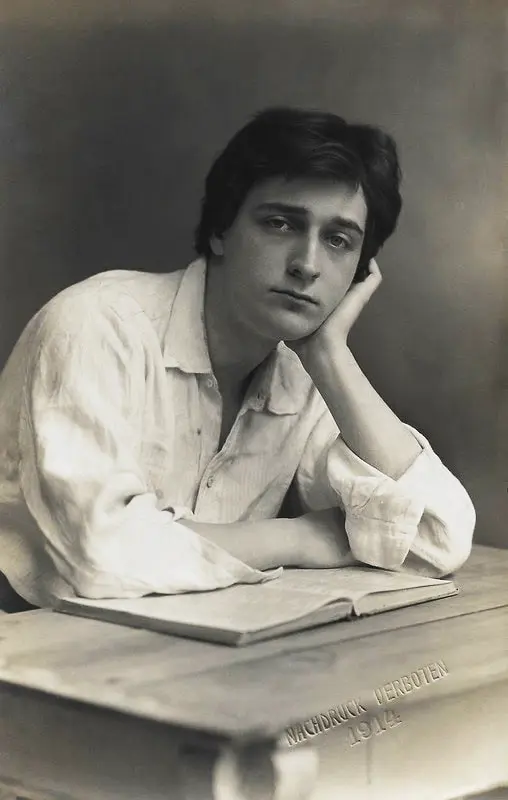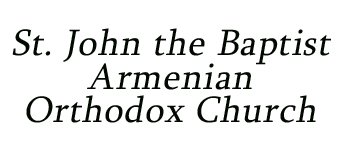DEATH OF RAOUL ASLAN
June 17, 1958
 Raoul Aslan was one of the most popular Austrian actors in the 1920-1950 period.
Raoul Aslan was one of the most popular Austrian actors in the 1920-1950 period.
He was born Raoul Aslanian on October 16, 1886, in Salonica (Thessaloniki), then part of the Ottoman Empire (now in Greece). His father Charles Aslanian was a tobacco salesman from Edirne (Adrianopolis) of Armenian origin, and his mother came from an Italian family that had moved to Egypt. His younger brother was the actor Didier Aslan (1894-1978).
Aslan’s mother tongue was French, as was customary among the upper middle classes of the Ottoman Empire at the time. He was brought up by a Viennese governess and moved to Vienna with his mother in 1896 to attend school. His desire for acting overpowered his poor school performance, and he had his first forays in theater from 1906 until he made his big breakthrough in Vienna in 1917. In 1920, he got a contract at the famous Burgtheater of the Austrian capital, where he spent the rest of his life as an actor and director (1945-1948). He debuted in cinema with The Other I (1918). He preferred theater to cinema, where he sporadically performed in Austrian and German films until 1955.
Aslan, who was a favorite of the Viennese public, mainly played classical heroes and complex characters, even though he did not have a narrowly defined subject and played everything from tragedy to farce with equal ability. He played up to twelve different roles a year etween 1920 and 1944.
After the annexation of Austria to Germany in March 1938, Raoul Aslan was listed on the Gottbegnadeten list of Joseph Goebbels as an important artist of the Nazi state. It was common knowledge that he was an opponent of the regime, even though there were no written records of it.
In 1940, the Nazi authorities identified Aslan as Jewish. The actor, who was a devout Catholic, contacted the Mekhitarist Congregation in Vienna with a request for a baptism certificate. The congregation obliged with a certificate proving that he was Christian and Aryan (Armenians were recognized as Aryan according to a decree of the Reich Minister of the Interior from 1933).
After the end of World War II, Aslan returned to acting until his death on June 17, 1958, in Seewalchen am Attersee, Austria. He was buried at Grinzinger Friedhof in Vienna.
